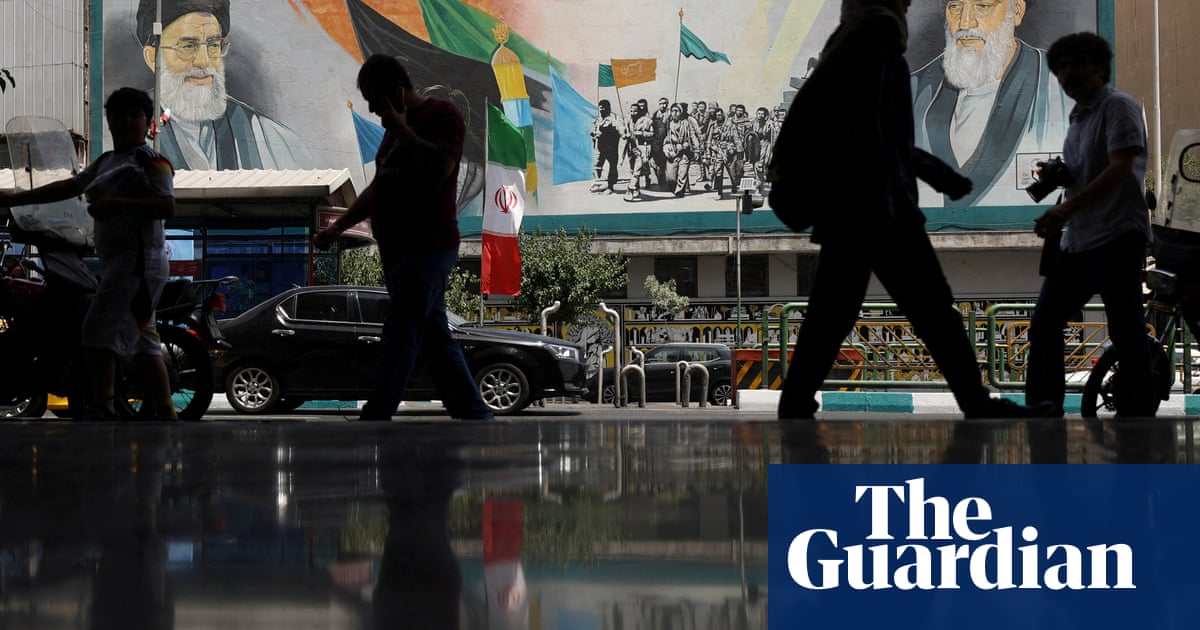Amir* hasn’t slept much in days. From his apartment in northern Tehran, the 23-year-old spends his nights searching for proxy links, fragile digital lifelines that briefly break through the internet blackout.
Iran remains under a near-total internet shutdown, severely limiting access to information. A group of young Iranians are, however, working non-stop to ensure their voices reach the outside world.
“We can’t use VPNs any more. To get around this internet blackout, we are using special proxy links, essentially ‘secret tunnels’ that route messages through servers outside Iran,” said Amir, adding that he had managed to build a system to give proxies to his friends.
“These links are a part of one of the app’s features […] they route Telegram traffic from an internal server. Each of them does this for a few hours and then fails. So I constantly try to find new ones to send to my folks.”
The Iranian government shut down access to the internet during the war withIsrael, accusing its adversary of exploiting the network for military purposes. Local sources told the Guardian no one had access to the internet except correspondents working for vetted foreign media.
Domestic messaging apps continue to work, but young Iranians have little faith in their security.
Amir said: “We have domestic apps, but they’re bullshit. The government uses every opportunity it gets to spy on us, especially student leaders.”
Last week, Amnesty International called on the authorities to lift the communications blackout, stating it “prevents people from finding safe routes, accessing life-saving resources and staying informed”.
Another student leader, Leila*, 22, who lives in Abbas Abad in north-central Tehran, said she only managed to reconnect after receiving help from abroad. “My boyfriend in Europe sent me configuration links via text. Without that I would still be completely cut off. The internet suddenly works for a few minutes here and there, but goes off before I can use any websites.”
The blackout not only severed contact with the outside world, but made life under Israeli bombardment even more difficult. “It’s like being walled in,” said Arash*, a student in Tehran. “We’ve lost access to each other, to independent news, to help. There’s just state media and silence followed by the sounds of bombs.”
For Amir, the most frightening part is how the war is becoming normal. “We’re starting to act like this is normal,” he said, though “war is not normal”. He said they now recognised shaking windows as air raids or explosions.
While the war terrified him, the blackout added to his worries. “That’s what erases us … makes us invisible. And still, we’re here. Still trying to connect with the free world.”
*Names have been changed
